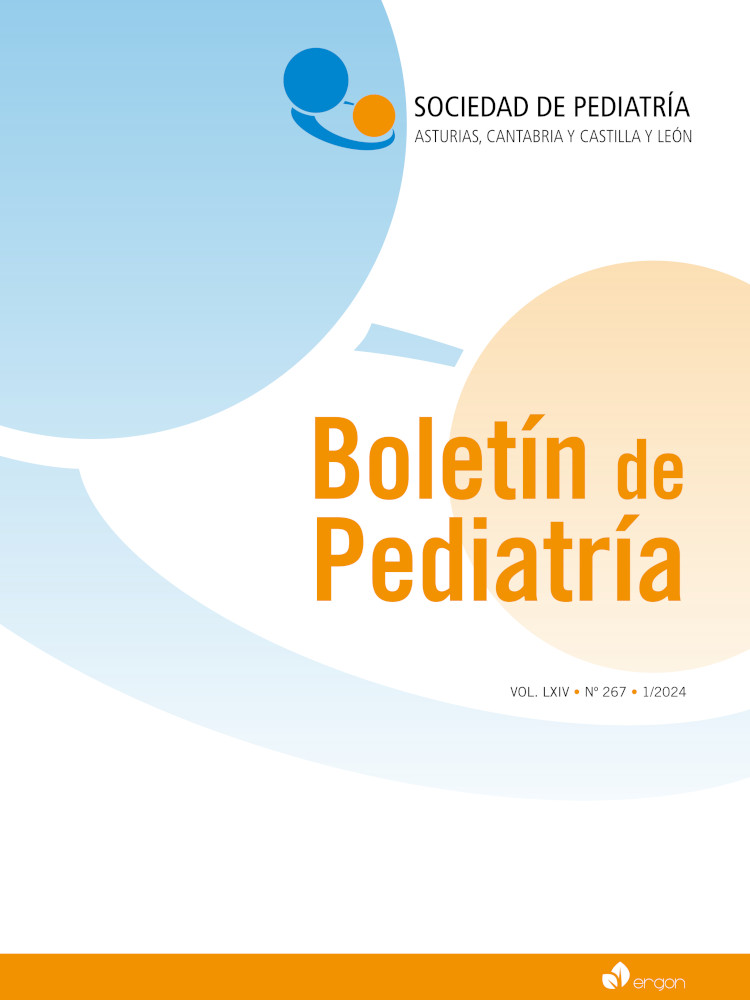Abstract
Lysosomal storage diseases are a group of diseases whose prognosis and clinical management have changed in the last 15 years thanks to the appearance of enzyme replacement treatments. Most of the diagnosed clinical forms were severe classic syndromes; the advance of diagnostic methods of enzymatic function has meant that milder forms that had previously gone unnoticed have been diagnosed and identified. However, in spite of this they are associated with high morbidity and mortality, and in which treatment is even more effective than in severe forms. The lysosomal acid lipase deficit is one of these lysosomal diseases due to the deposition of cholesterol esters and triglycerides that fulfill all these characteristics. Enzyme replacement treatment with the recombinant enzyme sebelipase has changed the poor prognosis of the severe forms. Diagnostic methods of dry smear enzyme analysis are identifying milder forms in late childhood and adult life in patients with hypercholesterolemia and liver involvement who were undiagnosed or misdiagnosed.

This work is licensed under a Creative Commons Attribution-NonCommercial 4.0 International License.
Copyright (c) 2024 Boletín de Pediatría
